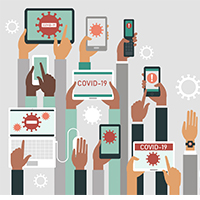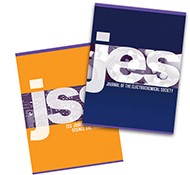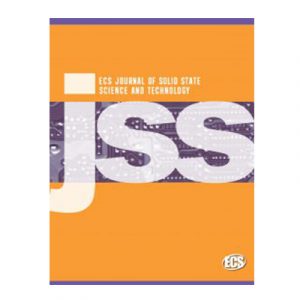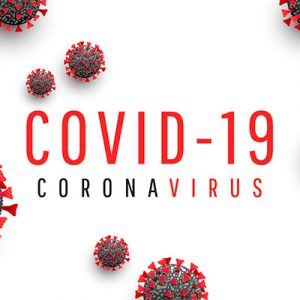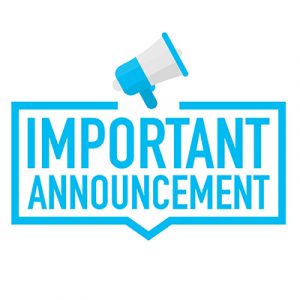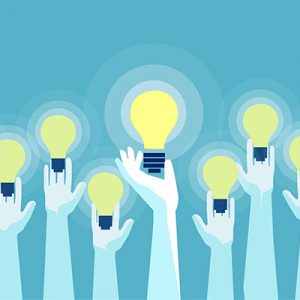 Kiana Amini, department of chemical engineering PhD candidate at the University of Waterloo, has some tips on how you can stay scientifically productive during the COVID-19 pandemic.
Kiana Amini, department of chemical engineering PhD candidate at the University of Waterloo, has some tips on how you can stay scientifically productive during the COVID-19 pandemic.
In an article published on the University of Waterloo blog, Amini says although most in-person classes, events, and research operations are now remote, which presents its challenges, it also presents many opportunities. (more…)


